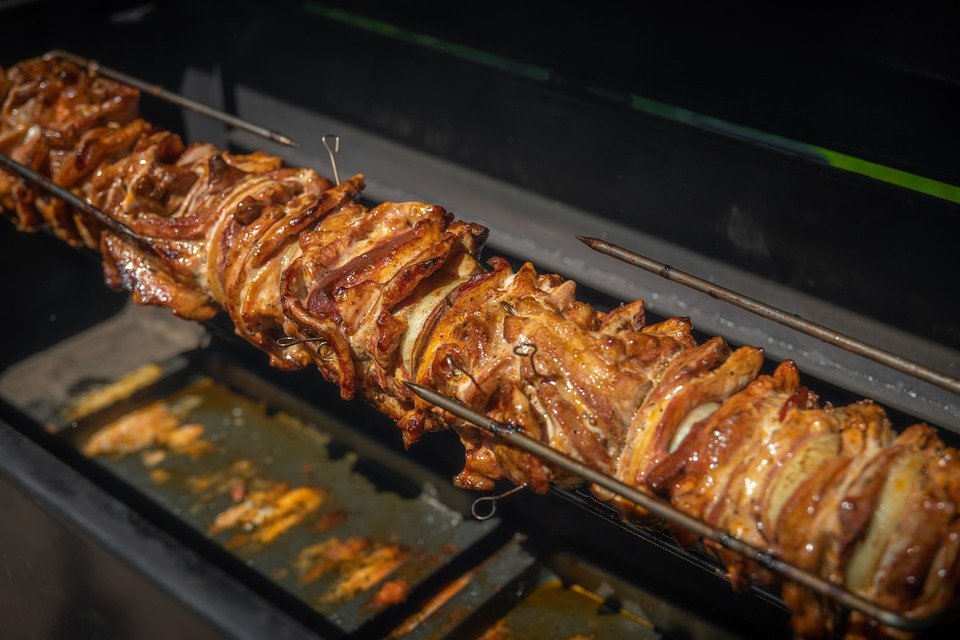Sustainable Keto: How to Maintain a Ketogenic Lifestyle in the Long Run
The ketogenic diet, or keto for short, has gained immense popularity in recent years due to its potential for weight loss and numerous health benefits. However, many individuals have concerns about the sustainability of this eating plan in the long run. In this article, we will explore the concept of sustainable keto and provide tips on how to maintain a ketogenic lifestyle for the long haul. Additionally, we will address some frequently asked questions to help you navigate this dietary approach.
Understanding Sustainable Keto
Sustainable keto refers to the ability to maintain a ketogenic lifestyle for an extended period without feeling deprived or experiencing negative health consequences. Many individuals worry that the restrictive nature of the keto diet may lead to nutritional deficiencies or be difficult to adhere to in the long term. However, with proper planning and understanding, it is possible to sustain a ketogenic lifestyle while meeting all your nutritional needs.
Tips for Maintaining a Ketogenic Lifestyle
1. Focus on whole, unprocessed foods: To ensure that you obtain all the necessary nutrients, it is essential to base your diet on whole, unprocessed foods. This includes vegetables, nuts, seeds, healthy fats, and quality sources of protein such as grass-fed meat and wild-caught fish. Avoiding processed foods will not only support your nutritional needs but also minimize exposure to harmful additives and preservatives.
2. Prioritize variety: To prevent nutritional deficiencies and maintain a sustainable keto lifestyle, it is crucial to prioritize dietary variety. Incorporate a wide range of vegetables and rotate your protein sources regularly. This will not only provide a spectrum of nutrients but also prevent boredom and help you stay committed to the diet in the long run.
3. Stay hydrated: Hydration is essential in any dietary approach, including keto. Drinking enough water throughout the day will support various bodily functions and prevent dehydration, a common concern when following a low-carb diet. Additionally, staying hydrated can aid in appetite control and help you maintain your ketogenic lifestyle without feeling excessively hungry.
4. Adequately supplement: While following a well-balanced ketogenic diet can provide most of the necessary nutrients, it is advisable to consider supplementation to ensure you cover all bases. Common supplements for a keto diet include electrolytes (sodium, potassium, magnesium), omega-3 fatty acids, and a high-quality multivitamin. Consulting with a healthcare professional can help determine your specific needs.
5. Practice mindful eating: Mindful eating is a valuable tool for sustaining any dietary approach. Paying attention to hunger and satiety cues, eating slowly, and savoring each bite can prevent overeating and promote a healthier relationship with food. Incorporating mindfulness into your eating habits will support long-term adherence to the ketogenic lifestyle.
Frequently Asked Questions (FAQs)
Q: Is the keto diet safe for everyone?
A: The keto diet is generally safe for most individuals. However, certain groups, such as those with pancreatic or liver disorders, may need to avoid or modify the diet. It is always recommended to consult with a healthcare professional before starting any new dietary regimen.
Q: Can I consume carbohydrates occasionally while following a keto diet?
A: While the primary goal of the keto diet is to restrict carbohydrate intake, occasional consumption of small amounts of carbohydrates is possible. However, it is crucial to be mindful of the overall quantity and source of carbohydrates to avoid disrupting ketosis.
Q: Is keto suitable for athletes or those engaging in high-intensity workouts?
A: The keto diet can be adapted for athletes, but it requires careful planning and monitoring. It may take time for the body to adapt to using fat as the primary fuel source during exercise. Working with a registered dietitian or sports nutritionist experienced in ketogenic diets is recommended for athletes.
Q: Can I follow a ketogenic lifestyle if I am a vegetarian or vegan?
A: It is possible to follow a vegetarian or vegan ketogenic lifestyle; however, it may require additional planning to ensure adequate protein intake and nutrient balance. Plant-based protein sources such as tofu, tempeh, and seitan can be incorporated, along with healthy fats from avocados, nuts, and seeds.
Conclusion
Sustainable keto is achievable with proper planning, knowledge, and a focus on whole, unprocessed foods. By incorporating variety, staying hydrated, and supplementing when necessary, you can maintain a ketogenic lifestyle in the long run. Remember to consult with a healthcare professional or registered dietitian before making any significant dietary changes to ensure it aligns with your specific needs and goals.


